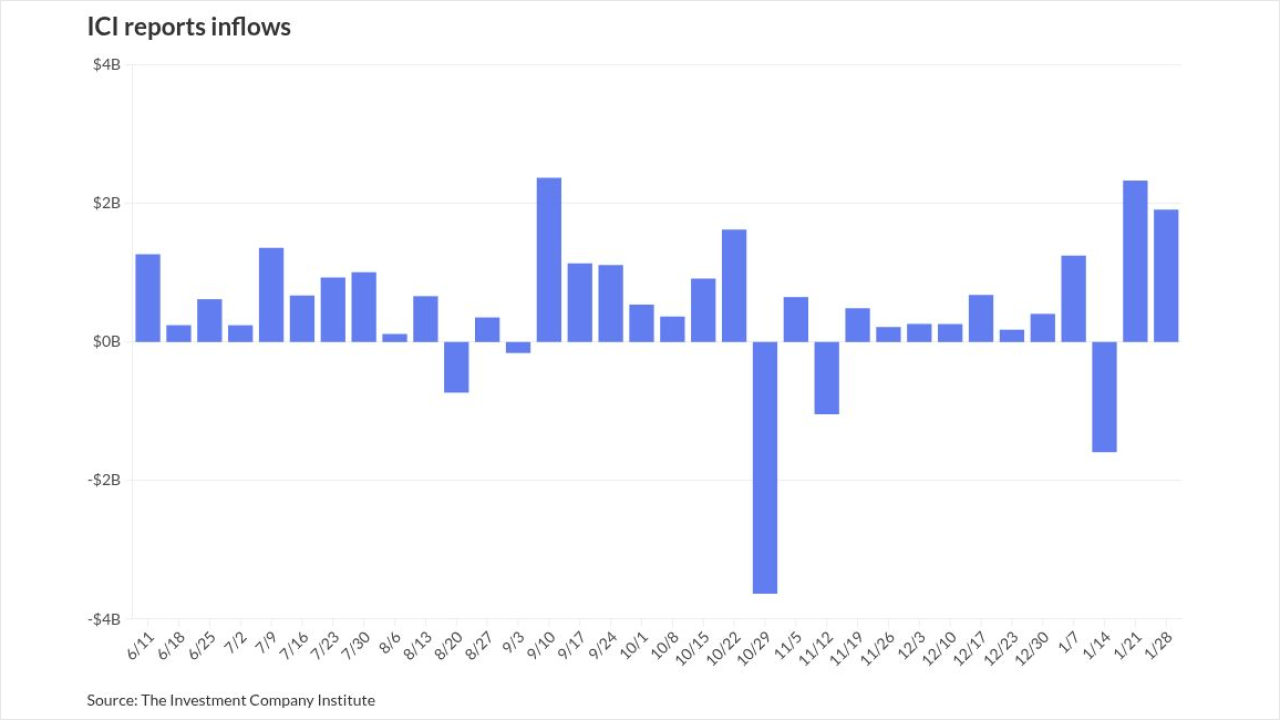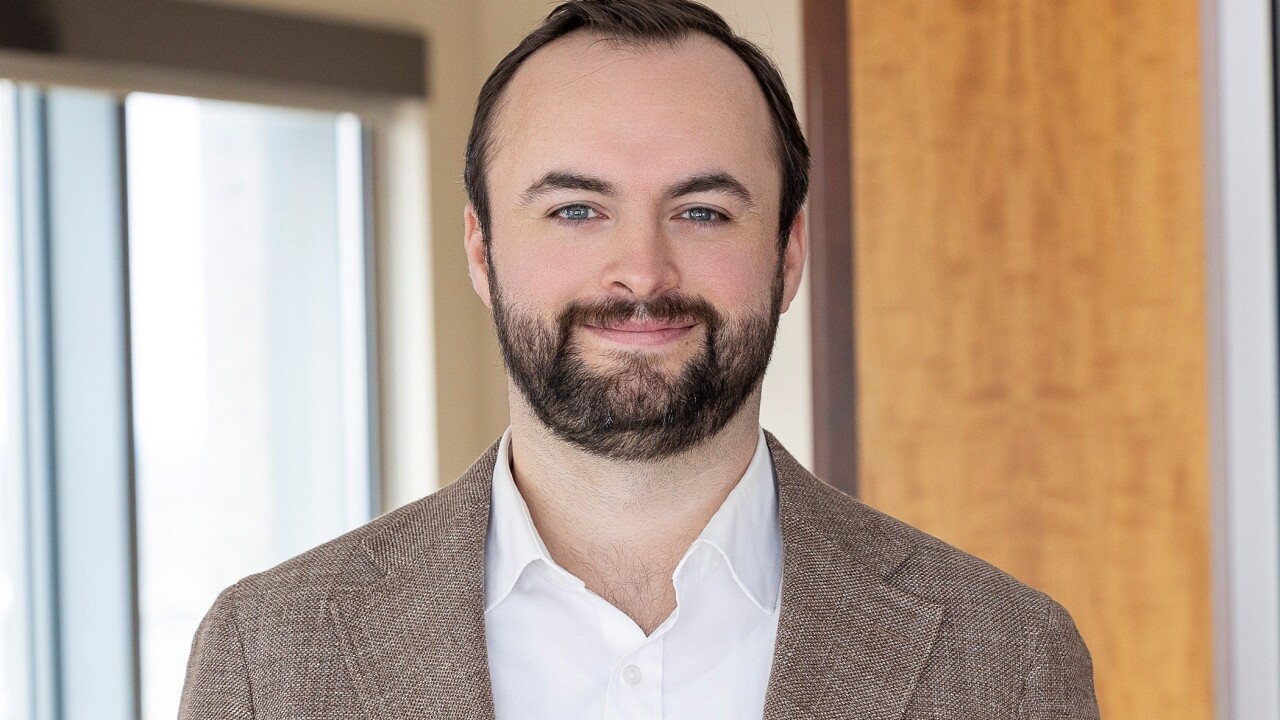DALLAS -- Cuyahoga County, Ohio will sell $142 million of sales tax revenue bonds to finance renovations to the basketball arena in downtown Cleveland in a long-planned deal that had stalled after critics threatened a referendum challenge.
The bond offering is scheduled to price Wednesday. Proceeds will go toward a $280 million overhaul of Quicken Loans Arena, home of the National Basketball Association's Cleveland Cavaliers.

Two of the three series being sold are taxable as the Cavaliers are making rental payments to Gateway Economic Development Corporation, the owner of the Q arena, to use the improved space. Gateway is then assigning the rental payment to the county to fund the debt service costs for series C bonds which are between $70 million and $75 million in size.
Incremental arena-activity generated taxes are funding debt service about $35 million of Series B taxable bonds. If the taxes are insufficient to fund debt service and certain reserve balances generated by the arena-activity taxes are insufficient to fund debt service, then the Cavs will make a separate payment of rent for the improved facilities to Gateway to fund any differential.
“It is the Contingent Rent component of the Series B that makes the interest on the bonds subject to federal income tax,” said Timothy Offtermatt, a managing director at Stifel Nicolaus & Co., the county’s financial advisor.
The series A bonds are tax-exempt because direct county taxes that are tourism related are funding their debt service.
Moody’s Investors Service rates the bonds Aa2 and S&P Global Ratings rates the bonds AAA. Both agencies said the rating is supported by the county’s strong fiscal management, stable sales tax revenue, and broad tax base.
Moody’s downgraded the county's sales tax revenue bonds to Aa2 from Aa1 in May citing “enterprise risk” related to the recent large issuance of bonds by the MetroHealth System, a discrete component unit of the county, to fund an extensive main hospital campus reconstruction project in Cleveland..
Patton Boggs LLP and Forbes, Fields & Associates Co. LPA are bond counsel. Stifel Nicolaus & Co. is financial advisor and Key Bank Capital Markets is the lead underwriter.
Although the bonds are legally secured by proceeds from a 1.25% retail sales tax, the county intends to repay half of the bonds using a countywide 1.5% hotel occupancy tax and arena events tax that the city of Cleveland will collect over 11 years on tickets sold for events at The Q, beginning in 2024.
The Cavaliers will cover the other half of the costs through increased rental payments. The Cavaliers have also agreed to cover the shortfall on the bonds if county and city resources fall short of projections.
The financing, which the county approved in March, was delayed because of opposition from council members and local organizations that argued the funds could be better spent elsewhere or that team owner Dan Gilbert should contribute more.
Construction was to have started this past June, but was delayed due to the prospective referendum. Gilbert scrapped the plan after he said that the delay would make the project more expensive and risked losing a chance to host the NBA All-Star game in 2020 or 2021. League officials had said that if construction didn't begin by Sep. 15, Cleveland would no longer be considered as a host.
In September, the Greater Cleveland Congregations, the group leading a coalition opposing the deal, withdrew petitions asking for a referendum vote that had threatened the financing. The change of heart came in time to salvage plans to host the All-Star game.
The project is supposed to upgrade and extend the life of the venue, as well as resolve what are described as important structural and operational deficiencies.
Backers say the upgrades will avoid the need to build a new arena at an estimated cost between $500 million and $750 million. The renovations, supporters say, will ensure the team remains in Cleveland through 2034, seven years past the current expiration of its lease.
Following the sale of arena bonds, the county will have $309 million of sales tax revenue bonds outstanding. Officials report a potential issuance of $20 million of new sales tax bonds over the next few years, according to S&P.
Moody’s noted in a credit report that only 1% of the county’s 1.25% sales tax securing the bonds is continuous, because 0.25% of the rate expires in 2027. However, the Cuyahoga County council has the authority to extend the 0.25% portion of the sales tax rate that is set to expire in 2027. “Council could also impose another 0.25% without voter approval bringing the general sales tax rate to a total 1.5%, though any increase would be subject to repeal by voter referendum,” Moody’s wrote.
In fiscal 2016, total sales tax revenue was $272 million, of which $218 million was generated from the permanent 1% rate.





